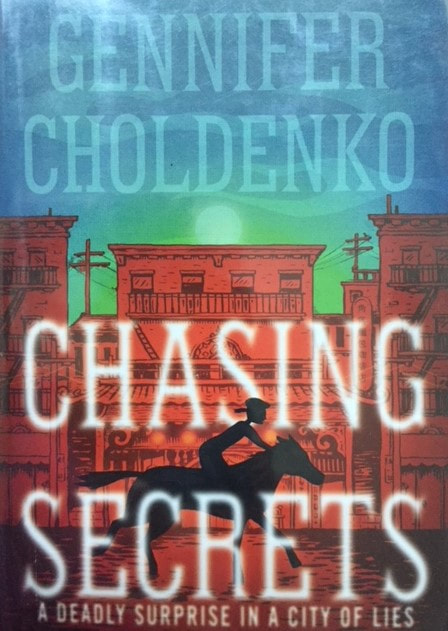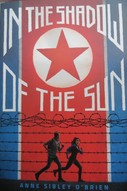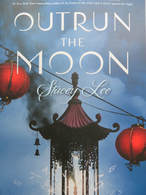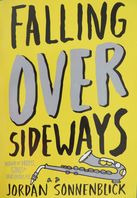Chasing Secrets
|
|
Grades 5 & up
Historical Fiction
|
Book Summary:
Lizzie's father is a doctor, and Lizzie often goes with him on his house calls in San Francisco. She is thirteen, and also wants to be a doctor, but it's 1900, and this ambition is silly or shocking to many people, including her Aunt Hortense. Her mother died when she was young, but she has a cook, Jing, a maid, Maggy, and her older brother, Billy to love - except Billy often argues with their father and isn't around very much. Lizzie isn't too thrilled about the fancy finishing school her aunt makes her attend, since she doesn't like courses like "comportment," and she feels awkward around most of the other girls. When she discovers that Noah, Jing's son, is living in an upstairs bedroom of her aunt's house, Lizzie realizes there are many things she never knew about the man who has cared for her for most of her life. She also discovers a secret about possible plague in Chinatown, but no one is taking precautions to protect the people there, and no one will tell her the truth. Book Review: This is a story about a period in history that's not often written about in middle grade literature. Lizzie is a resourceful character, and although she is also somewhat spoiled, her journey to understand the truth about her family and her community, and her willingness to take action to help Jing and Noah make her a character readers can root for. The weaker parts: it seemed odd that Lizzie and Gemma would become friends, or that Lizzie would find Noah interesting when he keeps making sexist generalizations, even while he enlightens Lizzie about her own privilege in relation to the servants. The rhyming poems Lizzie creates for people seem too childish, given her sophisticated understanding of other issues. There are a lot of characters and not everything about the plot feels wrapped up by the end, but somehow, it all still works. The good parts: this author does authentic, complex relationships really well. Billy distances himself from Lizzie, and over the course of the book, we see that he is trying to define himself on his terms - even when he does things that would make his father proud, he doesn't reveal them, because he doesn't want to need his father's approval. That relationship is very interesting, even though it's a sub-plot. Lizzie's appreciation for Jing is another strength of the book, and many readers will likely to connect to people who do countless things that are taken for granted. Lizzie's medical skills and knowledge are also well-drawn, because she recognizes limits to what she can do, but she also has useful skills and helps people even when she is scared or the circumstances are challenging. Lizzie frequently lies to her aunt as she helps Noah and tries to help Jing, and her aunt's response is more than a stereotype about wanting Lizzie to be prim and proper - her aunt wants to have genuine trust between them. Finally, the book touches on important disparities and injustices, without resolving them - but these things are not resolved in society, either. Lizzie realizes there aren't enough immunizations for people and wonders how you choose which life to protect. She also sees the conditions in Chinatown, and though there's a so-called quarantine, none of the people have masks. She regularly faces ridicule when she talks about wanting to be a doctor. She herself has never considered what Jing's life is like or what her maid's wishes are when the book begins - seeing them only as people who help her. These conflicts, in addition to Billy and his father, are the most compelling parts of the story, because they are shown to be unfair without lectures or tirades, and Lizzie takes action to make things better. "When I come home from Miss Barstow's, where I have sat by myself, worked by myself, read by myself, it's Jing who makes me laugh." |
If you like this book, you may also like . . .











